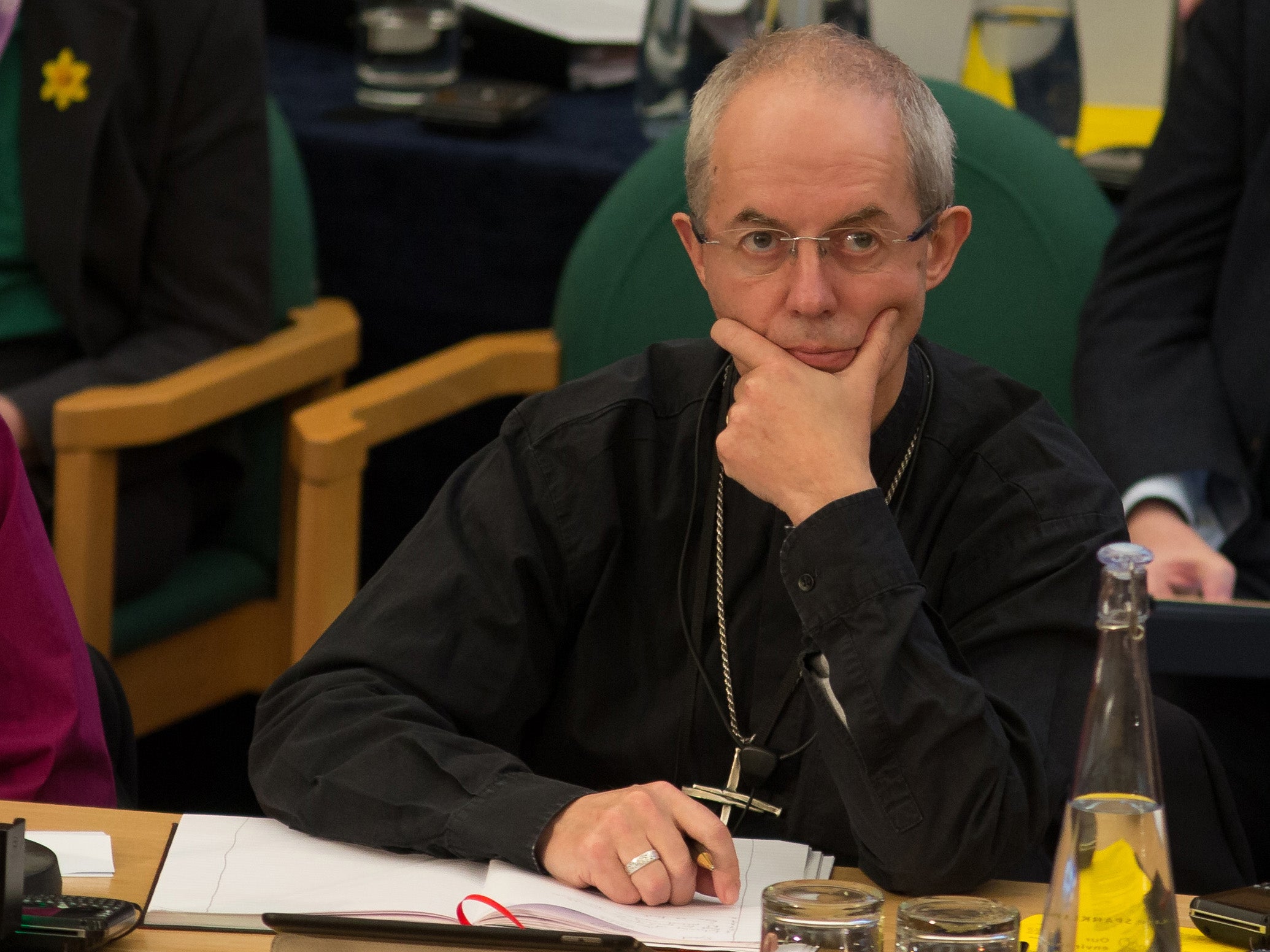Ofsted boss attacks Church of England schools for making it harder to tackle extremism
It is a 'matter of regret' that the Church of England has opposed changes to allow Ofsted to inspect groups like Sunday schools

Your support helps us to tell the story
From reproductive rights to climate change to Big Tech, The Independent is on the ground when the story is developing. Whether it's investigating the financials of Elon Musk's pro-Trump PAC or producing our latest documentary, 'The A Word', which shines a light on the American women fighting for reproductive rights, we know how important it is to parse out the facts from the messaging.
At such a critical moment in US history, we need reporters on the ground. Your donation allows us to keep sending journalists to speak to both sides of the story.
The Independent is trusted by Americans across the entire political spectrum. And unlike many other quality news outlets, we choose not to lock Americans out of our reporting and analysis with paywalls. We believe quality journalism should be available to everyone, paid for by those who can afford it.
Your support makes all the difference.The Church of England’s opposition to the inspection of Sunday schools has made it harder to tackle extremism, the Ofsted boss claimed today.
Amanda Spielman, chief inspector of the schools watchdog, said it was a “matter of regret” that the Church of England had resisted plans that would have allowed Ofsted to inspect out-of-school settings – like Sunday schools and madrasas.
Groups that promote extremism outside of school will be able to continue evading scrutiny unless the law is changed, Ms Spielman warned attendees of the Church of England’s education conference today.
It was reported in 2016 that the Archbishop of Canterbury Justin Welby had persuaded ministers to drop proposals to allow out-of-school settings to be inspected.
Speaking to church school leaders today, Ms Spielman called for legislation to be altered to allow Ofsted to tackle these groups through greater scrutiny.
She said: “These institutions, some of which operate as illegal schools, use the opportunity to – in the words of the former Prime Minister – put ‘poison in the minds, hatred in hearts’ of young people. They need to be tackled.
“That is why I am afraid to say it is a matter of regret that the church has resisted changes in the law to allow Ofsted to inspect these settings.”
It is understood the proposed changes to the law would have required out-of-school groups teaching under-19s for more than six hours a week to register with councils, leaving them open to Ofsted inspections.
Ms Spielman added: “This is not about infringing religious freedom – no one is proposing a troop of inspectors turning up at Sunday schools. Instead, it is about ensuring that the small minority of settings that promote extremism are not able to evade scrutiny.
“If we are to protect many of the tenets that the Church holds dear, we need the power to tackle those trying to use education to undermine them.”
Despite the negative comments about the Church of England, the Ofsted boss did recognise in her speech “the major and very positive contribution” that church schools play in the sector.
Responding the chief inspector’s comments today, Nigel Genders, the Church of England’s chief education officer, insisted that they supported “tackling potential extremism in out-of-school settings including, potentially, through targeted inspections”.
A Department for Education (DfE) consultation on out-of-school education settings – which proposed allowing Ofsted to inspect such groups – was launched in November 2015.
“We did have concerns over proposals in 2015 which, at the time, could have ensured that everything down to village Sunday schools might have to be registered,” Mr Genders admitted.
But he added: “We have worked closely with Government since then, and are happy to go on working them on any proposal that would target areas of concern rather than imposing a new burden of bureaucracy across the board.”
The Government’s response to the consultation, which closed more than two years ago, has still not been published. The DfE told the Independent that the outcome of the consultation would be “available in due course.”
Join our commenting forum
Join thought-provoking conversations, follow other Independent readers and see their replies
Comments